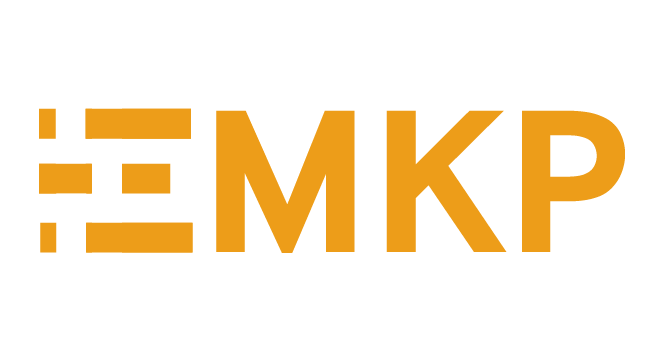We will study, document and digitize over a period of one year, from September 1, 2019 to August 21, 2020, the declining indigenous goldsmith industry with particular emphasis on knowledge systems that pertain to the production of gold ornaments and other objects in Ghana. Our team of ethnographers, digital media scholars, and museum practitioners, will engage ethnographic, filming and photographic techniques to visually document gold forging as practiced by a select group of four smiths and the social and cognitive contexts within which the smiths operate. The team shall process the digitized information with metadata and upload the information to a digital repository a means to not only safeguarding the goldsmith knowledge system as an intangible heritage that is threatened and endangered by modernizing trends in Ghana. The digitized information will also serve as reference for enhancing the interpretation of African gold ornament collections found in museums, such as the British Museum, the Manhyia Palace Museum and the National Museum of Ghana.

The work will be undertaken in two phases. During the phase, we shall embark on preliminary visits to identify, locate and explain our project to practicing goldsmiths and select four of them who will be willing and available to participate in the project. The four smiths will include those who produce for royal families. We shall thereafter spend a minimum of five days with each of the selected smiths and document information on the smith’s background, the social and ideological contexts within which he works while focusing on the practical aspects of the work. In addition to interviewing the smith, we shall observe and document his place of work, tools, how he acquires, processes, and transforms gold into ornaments. We shall also document any spiritual, cognitive, and social phenomena that may underpin the smith’s operations. The second phase of our work will involve the processing and packaging of the data gathered, including editing of video footages and photographs, and the production of short videos relevant to the work. Copies of the videos, photographs and other information assembled will be shown to and discussed with the smiths for their input and feedback in order to ensure fair representation of their work in the final coverage. The research team will also prepare metadata and upload them together with the relevant photographs and video to the EMKP digital repository.
PI:
Kodzo Gavua, University of Ghana Legon in Ghana
Collaborators:
Rebecca Ohene-Asah
Location of Research:
Ghana
Host Institution:
University of Ghana
